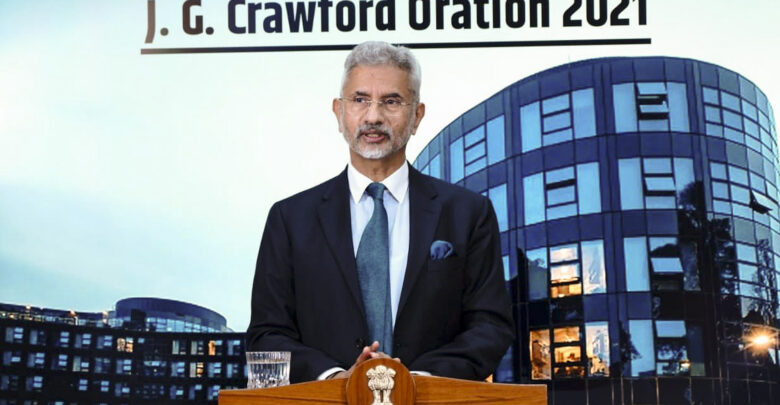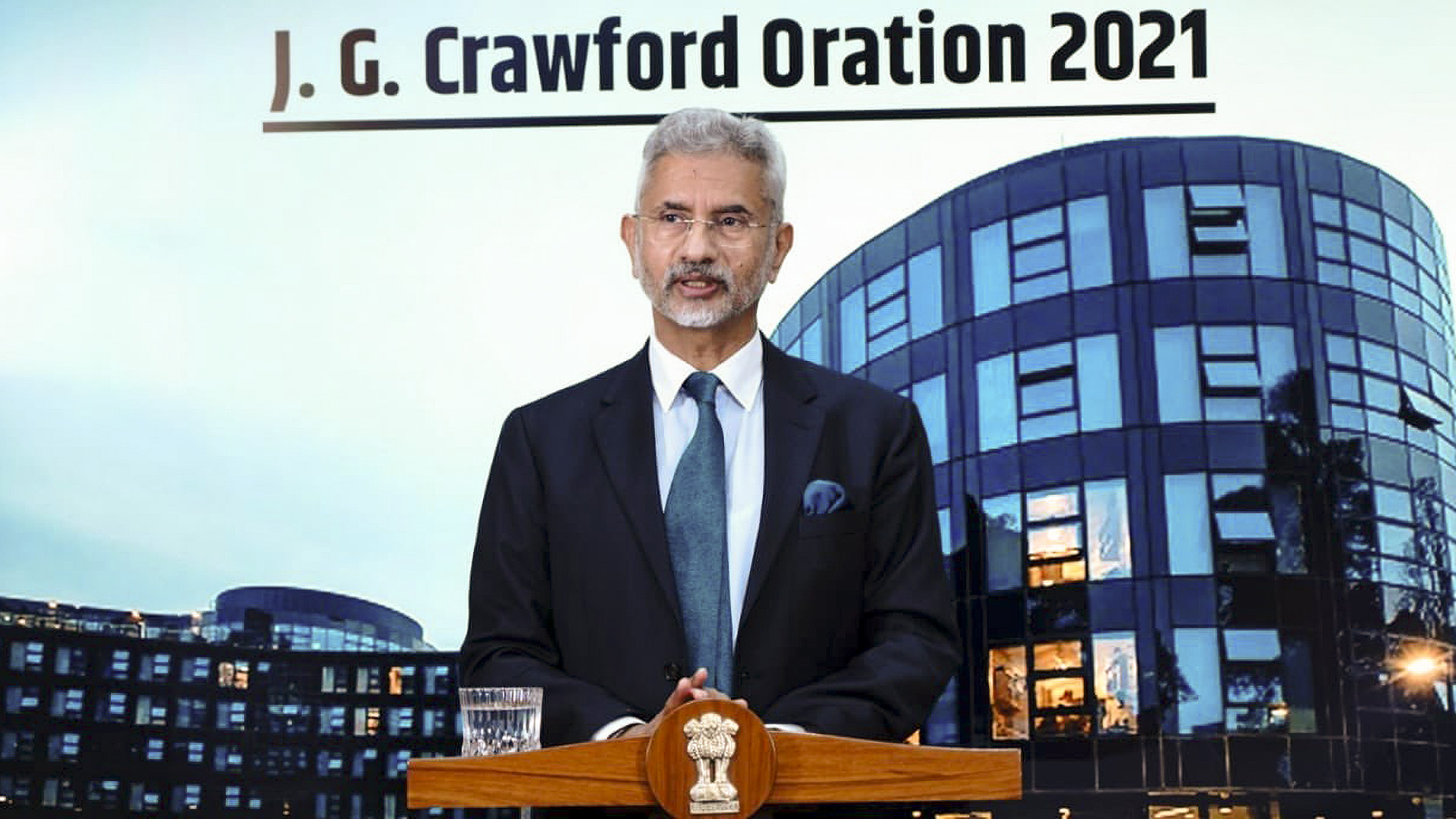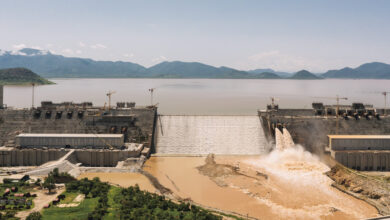

NEW DELHI — S. Jaisankar, the External Affairs Minister of India, said that China’s enormous rise and expansion would significantly affect the Indo-Pacific.
“Let’s be clear, this is not just about the rise of another power, however, major,” said Jaisankar while speaking virtually at the Australian National University’s JG Crawford Oration 2021.
“We have entered a new phase of international relations, and the full impact of China’s re-emergence will be felt more than those of major powers. Where the US, as an entrenched power, is understandably struggling is in respect of new manifestations of exerting influence and wielding power.”
He said it has inherent vulnerabilities and structural constraints while engaging in these contemporary forms of competition.
He also underlined that the expansion of China has global implications as it would be one of the factors to drive the globe.
“As we seek to discern outlines of what emerges next, there’s no question that the Indo-Pacific would be very much at its core,” said Jaishankar.
“Even though Asia has been more dynamic than Europe in the last few decades, its regional architecture is far more conservative.”
Noting that the Galwan Valley clash last year between Indian and Chinese forces took bilateral ties in a “completely different direction,” he said that the challenge of managing relationships with China ranks “very, very high” in India.
“Very serious clash in June last year in which a lot of lives were lost took the relationship in a completely different direction,” Jaishankar said.
“In India, the challenge of how to manage our relationship with China ranks very, very high.”
Twenty Indian soldiers and an unspecified number of Chinese troops lost their lives in a violent face-off in the Galwan Valley on June 15-16 last year when Chinese troops attempted to unilaterally change the status quo during the de-escalation in eastern Ladakh following tensions along the Line of Actual Control.
The minister said that after 1975 when there was a relatively small clash between Indian and Chinese forces, there were no fatalities on the border.
“Yet what we saw last year was a complete departure,” said Jaishankar.
“There was a very large Chinese military presence in very operational mode at the border without a good reason.”
He said that Prime Minister Rajiv Gandhi went to China in 1988, built the relationship predicated on the fact that the border would be peaceful and tranquil.
“We did that by a series of agreements which built confidence, which said don’t bring your military to the border,” said Jaishankar
“Resistance to reforming international organizations compels us to look for more practical and immediate solutions. That is the case for Quadrilateral Security Dialogue.”
(With inputs from ANI)
Edited by Saptak Datta and Ritaban Misra
The post Enormous Expansion Of Chinese Capabilities To Have Major Implications On Indo-Pacific: India appeared first on Zenger News.






